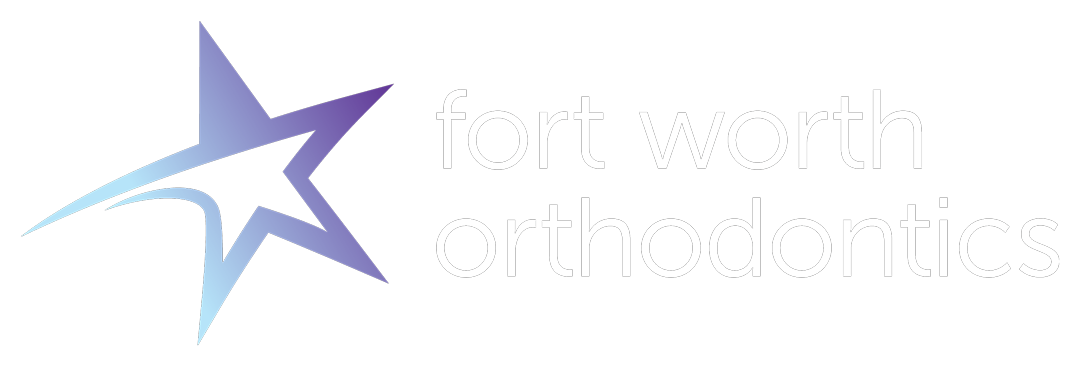New patients can call or take advantage of our $500 off limited time special! Learn More
Sleep Apnea
Are you drowsy during the day with no explanation? Do you snore loudly or wake up breathless in the middle of the night? If you’re experiencing any of these symptoms, you may be one of more than 12 million Americans who are affected by sleep apnea.
What is sleep apnea?
Sleep apnea is a condition in which your breathing stops periodically during sleep, as many as 20-30 times per hour. Each time you stop breathing in your sleep, the resulting lack of oxygen alerts your brain, which temporarily wakes you up to restart proper breathing. Since the time spent awake is so brief, most people with sleep apnea don’t remember it, and many feel like they are getting a good night’s sleep when, in fact, they are not. The constant wake-sleep, wake-sleep cycle prevents those with sleep apnea from achieving deep sleep, resulting in a constant drowsy feeling during the day.
What are the signs of sleep apnea?
The following symptoms can indicate the presence of sleep apnea. If you notice one or more of these, contact our practice.
- Insomnia or difficulty sleeping
- Loud snoring at night
- Waking up at night short of breath
- Snorting or choking sounds during the night (indicating a restart of breathing)
- Headaches upon waking in the morning
- Falling asleep unintentionally during the day
- Extreme drowsiness throughout the day
Are there different types of sleep apnea?
There are three categories of sleep apnea. The most common is called obstructive sleep apnea (OSA), and occurs due to a physical blockage, usually the collapsing of the soft tissue in the back of the throat. Less common is central sleep apnea (CSA), in which breathing stops because the muscles involved don’t receive the proper signal from the brain. And some people suffer from “mixed” or “complex” sleep apnea, which is a combination of obstructive and central.
What are risk factors for sleep apnea?
Obstructive sleep apnea is more common in males than females, and more common in older adults (40+) than younger adults and children. However, anyone — regardless of gender or age — can suffer from sleep apnea. Other risk factors include obesity, smoking, drinking, use of sedatives or tranquilizers, and family history. Central sleep apnea strikes most often in people with heart disorders, neuromuscular disorders, strokes, or brain tumors.
Is sleep apnea dangerous?
Sleep apnea is considered a serious medical problem and if left untreated it can lead to high blood pressure, increasing the risk of heart failure and stroke. The ongoing state of fatigue caused by sleep apnea can lead to problems at work or school, as well as danger when driving or operating heavy machinery. Sleep apnea can also cause complications with medication or surgery; sedation by anesthesia can be risky, as can lying flat in bed after an operation. If you know or suspect you suffer from sleep apnea, let your family doctor know before taking prescribed medication or having surgery.
How is sleep apnea treated?
Unfortunately, many people are not aware that they have the condition because the most notable symptoms occur while you are sleeping. In addition, many believe that they are not at risk for sleep apnea because they are not overweight. As a result, the sleep disorder can remain untreated for several years, wreaking havoc on your health and quality of life. Thankfully, you can stop the deadly complications from sleep apnea and regain control of your quality of life with an effective treatment solution from Dr. Anthony Patel. With the use of a custom-fit oral appliance, your jaw is repositioned forward to prevent the air passages from collapsing. You will instantly begin to breathe better to protect your health while sleeping soundly at night.
Do I need a sleep study?
Although snoring is a common sign of the sleep disorder, it cannot be used to diagnose the condition. As a result, a sleep study is needed. This requires the use of a special device that is worn at night while you sleep. It will collect data about your oxygen levels and other vital information. Your doctor will analyze the data to determine if the sleep disorder is present. Based on the results of the study, a comprehensive treatment plan can then be created to open your air passages to stop the pauses in breathing.
Why don’t I need a CPAP?
While a CPAP was the most common treatment used in the past, it has a low compliance rate because it can be loud, uncomfortable, and restrictive. As an alternative, many have come to prefer an oral appliance. Not only does it resolve the disadvantages of a CPAP, but it has also shown to be effective in treating mild to moderate forms of the condition. In most cases, an oral appliance will be all that is needed; however, there are times when a combination of the two therapies may be recommended.
Will my insurance cover an oral appliance?
Although you will visit Dr. Patel for your oral appliance, you will not use your dental coverage. Instead, your medical insurance will cover the cost of it. While many insurances did not cover the treatment in the past, about 90% of insurance companies will pay for a portion of the treatment. Depending on your specific policy, your coverage allowance will vary. To help you understand how much you can expect to pay for your treatment, our team will explain your benefits and how much coverage you can use toward your oral appliance.
Schedule Your Free Consultation
We understand that life can be hectic and our busy schedules can often get in the way. Take advantage of our FREE virtual consultation option and earn a $1000 discount off your treatment!
